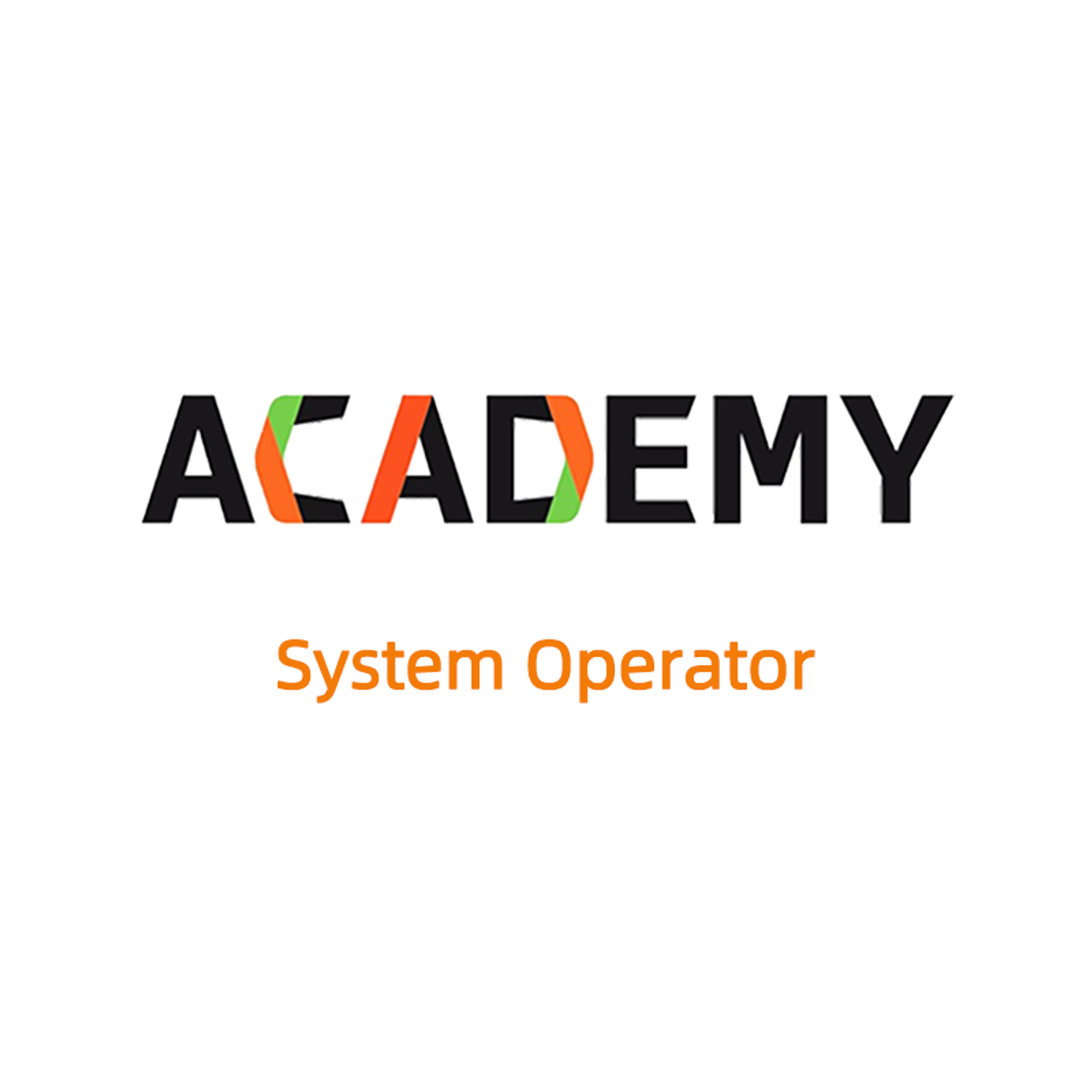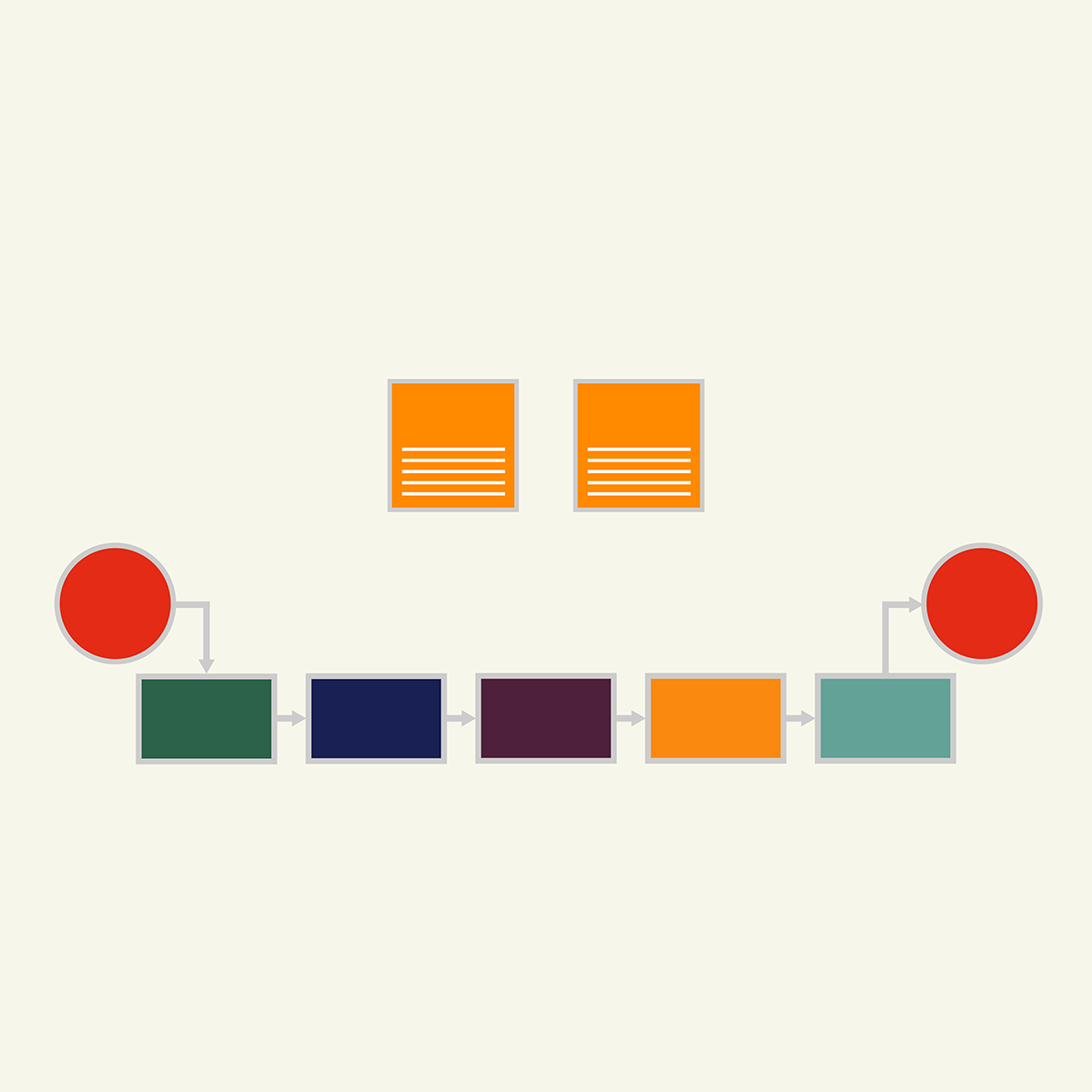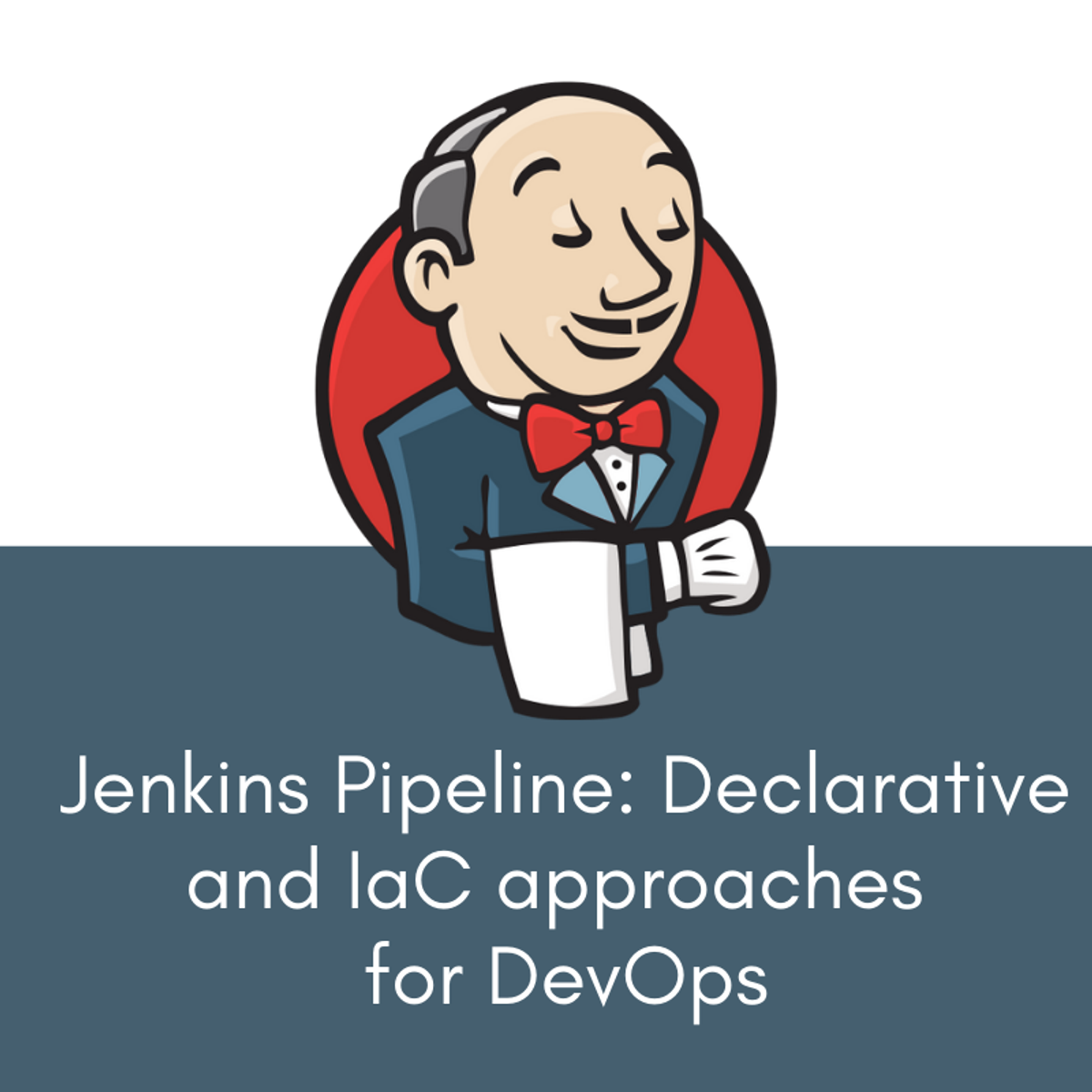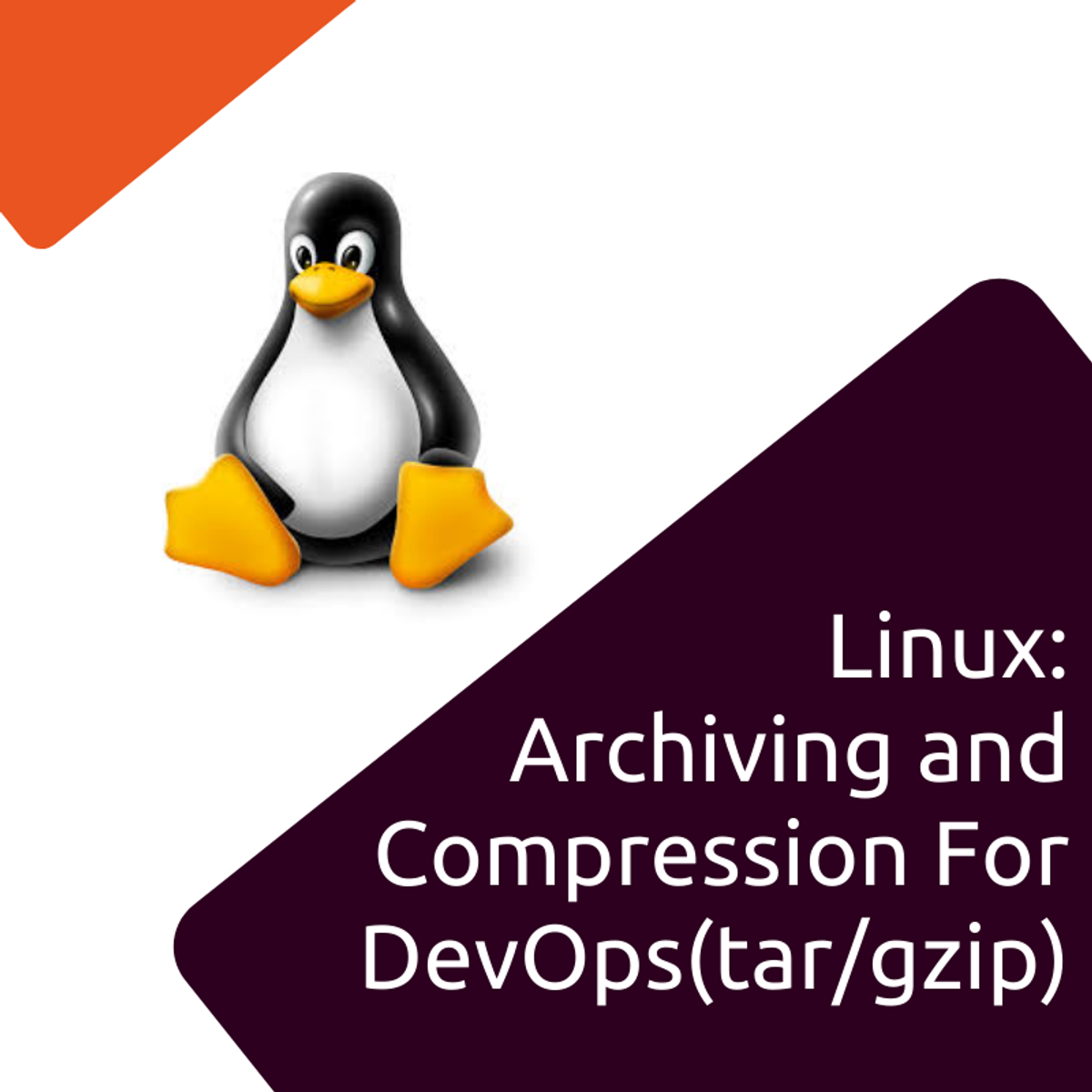Back to Courses









Support And Operations Courses
Showing results 1-10 of 203

Debugging Apps on Google Kubernetes Engine
This is a self-paced lab that takes place in the Google Cloud console. This lab teaches you how logging works on GKE and some best practices for log collection by going through some common logging use cases.

Operate Alibaba Cloud Systems and Services
Course description:
ACA System Operator Certification Preparation Course is intended for individuals who have technical expertise in deployment, management and operations on Alibaba Cloud.
It’s recommended for System administrators with at least one year of experience in deployment, management, and operations on Alibaba Cloud.
ACA System Operator Certification is intended for individuals who have technical expertise in deployment, management, and operations on Alibaba Cloud. Certificate holders are certified to be capable of deploying, managing and operating scalable, highly available systems on Alibaba Cloud, selecting appropriate services on Alibaba Cloud knowing how to monitor, debugging and troubleshooting those service, utilizing Alibaba Cloud's operational best practices, migrating on-premises workloads to Alibaba Cloud and managing IT governance on the Cloud. To earn an official Alibaba Cloud certificate please find the register portal on Academy's website:
https://edu.alibabacloud.com/certification/aca_operator

Continuous Delivery & DevOps
Amazon famously delivers new code every 11.6 seconds. Just a few years ago, this was unthinkable: many ‘cutting edge’ firms would release software quarterly. When it comes to digital innovation, velocity is critical and many would say it’s the most reliable determinant of success.
Bringing an organization to the state of the art (or even functional capability) in this area requires strong work in a combination of disciplines and a combination of both technical and managerial skills. There is no single cookie-cutter approach for achieving this capability. Much like agile, the right focus and formulation depends a lot on the facts and circumstances of the team. This course, developed at the Darden School of Business at the University of Virginia and taught by top-ranked faculty, will provide you with the interdisciplinary skill set to cultivate a continuous deployment capability in your organization.
After completing this course, you will be able to:
1. Diagnose a team’s delivery pipeline and bring forward prioritized recommendations to improve it
2. Explain the skill sets and roles involved in DevOps and how they contribute toward a continuous delivery capability
3. Review and deliver automation tests across the development stack
4. Explain the key jobs of system operations and how today’s leading techniques and tools apply to them
5. Explain how high-functioning teams use DevOps and related methods to reach a continuous delivery capability
6. Facilitate prioritized, iterative team progress on improving a delivery pipeline

Python Database Connection with MariaDB From Infosys
Did you know that connecting to servers is the number one job task of database administrators? Did you know that being able to effectively complete this skill is in-demand for this role?
By taking this Guided Project, you will be able to accomplish exactly this task!
“Python Database connection with MariaDB” is for any system or database administrator looking to automate the daily routine task of connecting to a company’s database with less effort.
By the end of this 1-hour Guided Project, you will be able to establish a verified connection to a MariaDB server by using Python scripts which you have created!
Brought to you by Infosys, a global leader in next-generation digital services and consulting, this project is created by a certified Technology Associate in Python Programming, and the team lead of Education, Training and Assessments.
Let's get started!

Get started with Microsoft Planner
In this project, learners will become familiar with Microsoft Planner. They will learn how to create tasks and make adjustments to those tasks. Learners will also get to practice multiple scenarios involving creating plans. By the end of the course, learners will understand how to create and assign tasks, as well as integrate Microsoft Planner with other applications.

Jenkins Pipeline: Declarative and IaC approaches for DevOps
By the end of this course you will be able to start writing your own Jenkins scripts either in the Jenkins UI or as Jenkinsfile over a multi-stage CD workflow.

Linux: Archiving and Compression for DevOps (tar/gzip)
In this 1-hour long project-based course on Linux: Archiving and Compression for DevOps you will be working entirely on the command line and using powerful Linux commands using tar and various compression commands such as gzip and bzip2 to learn how file archiving and compression works in Linux. You will be archiving a Wordpress directory of files and compressing the archive using various compression formats. You will no longer be mystified by what these commands and options are doing, and you will understand the structure of these various commands better.
This course is designed for any person working or who intends to work with Linux, from Linux system administrators to developers and DevOps practitioners. Or even if you are a student who is curious to get comfortable with Linux this course is for you also.
By the end of this course, you will have used the main commands on a real file directory and archived and compressed as well as unarchived and decompressed real files in various formats. Most importantly you will be comfortable to do so with ease going forward. This will also allow you to possess an important foundation of Bash scripting.
This is an intermediate level course and is designed for an individual who has a beginner's knowledge of the Linux/Unix command line and Unix crud practices in computer science.
Note: This course works best for learners who are based in the North America region. We’re currently working on providing the same experience in other regions.

Promoting Accessible Workplaces with Assistive Technology
Workplaces and educational institutions are becoming increasingly aware of the importance of inclusivity in their forces, and there are significant efforts being made to promote cultures of inclusivity. Despite that, the needs of disabled workers and students remain largely overlooked by a working society of abled persons even though great advances have been made in widely available Assistive Technology. In this course, learners will gain increased awareness of many types of disabilities represented in the workforce and educational institutions. Learners will learn about the Assistive Technology (AT) tools built into Microsoft and Windows products, including screen readers, Immersive Reader, Accessibility Checker, etc. as well as how to instruct in their use. Learners will become proficient in inclusive communication practices in the workplace or classroom by learning to construct accessible written materials and presentations. The course will offer audiovisual storytelling to encourage active learning about a world outside of “abled privilege.”

Customer-Centric IT Strategy
Now more than ever, corporations are investing heavily in IT. The quality of these investments affect the daily work of millions, yet it’s not uncommon to see industry surveys where the failure rates for IT projects is over 50%. It’s possible to do better and it’s possible to do so consistently. In this two-week course, we’ll step through major challenges within corporate IT and how to address them with the disciplined use of design thinking, Lean Startup, and agile as a team framework.
By the end of this course, developed at the Darden School of Business at the University of Virginia and taught by top-ranked faculty, you’ll be able to:
Use the Business Model Canvas to focus your company strategy and facilitate buy-in from stakeholders
Translate your work on the Canvas to specific charters in IT
Rapidly prototype strategically-aligned processes for implementation within your IT infrastructure
Please Note: This is a short-form course, two weeks in duration.

Use Bash Scripting on Linux to Execute Common commands
By the end of this project, you will use a bash script to execute commands and observe their output on a Linux system.
Bash, or Bourne Again Shell, is more than a shell running in a terminal on Linux; it is a programming language that is used to create powerful programs called shell scripts. Shell scripts are often used to capture common repetitive tasks so they can be executed without the need to memorize multiple individual commands.
Popular Internships and Jobs by Categories
Find Jobs & Internships
Browse
© 2024 BoostGrad | All rights reserved